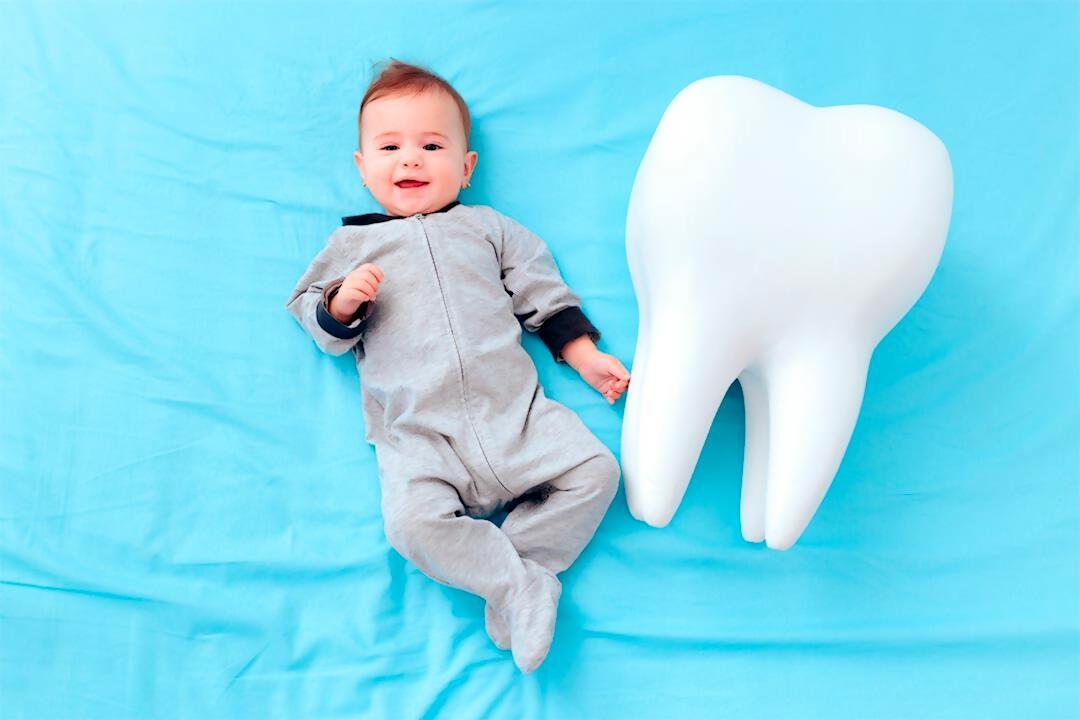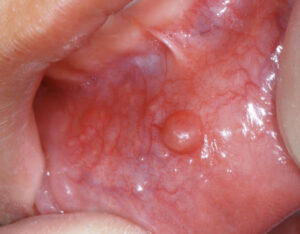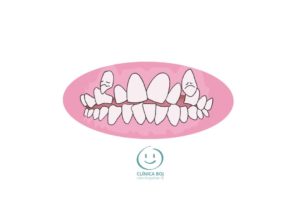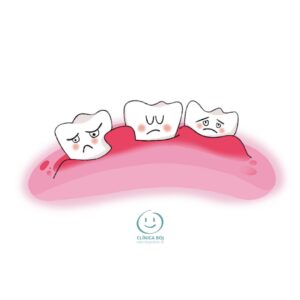Take your baby to the paediatric dentist: Why is it important?
Why would a baby need to go to the dentist?
To take your baby to the paediatric dentist is very important before 12 months of age to help prevent future problems.
All leading pediatric dental societies agree:
(a) the American Academy of Pediatric Dentistry (AAPD),
b) the European Academy of Paediatric Dentistry (EAPD), and
c) the Spanish Society of Pediatric Dentistry (SEOP).
The first time the child visits the dentist should coincide with the eruption of the first baby tooth, before the age of one year.
Therefore, it should not be later than the first birthday, that is, when the child is still a baby.
What is the name of the dentist for babies?
The infant dentist, also called pediatric dentist, is trained and prepared to properly care for the child’s oral health from the first years of age.
The specialty of the baby dentist that helps to take care of dental health and prevent dental problems is also known as “Odontobebé” in Spanish or “Paediatric Dentistry” in English. Therefore, taking a child to the dentist is, for sure, a good idea.
When should you take your baby to the paediatric dentist?
Undoubtedly, your child’s first early visit to the dentist or a baby’s first visit to the dentist when teeth erupt has several positive aspects. On the one hand, it facilitates the establishment of the “dental home”. The dental home is defined as the ongoing relationship between the dentist and the patient.
This includes all aspects of oral health care. It is done in a comprehensive, continuous, accessible and coordinated manner with the family involved. In this way, everyone is committed to maintaining the baby’s oral health.
This “dental home” is comparable in dentistry to the establishment of the “medical home” with the pediatrician from birth.
The need to create this bond means that pediatric dentists are increasingly visiting babies. Thus, desensitizing the infant population to the dental environment. This makes the first contact with the dentist simple, brief and positive.
What dental care should be performed on a baby?
On the one hand, visiting the pediatric dentist allows an assessment to be made of the baby’s caries risk. Thus, parents are informed of the measures to be taken to avoid the appearance of malocclusions, dental caries and other oral pathologies.
In this way, individualized advice on diet and hygiene is promoted as the basis for the prevention of possible diseases. Also, the growth and development of the patient is controlled. In addition, the necessary clinical procedures are performed to prevent the appearance of future oral problems in infants and children.
Without doubt, pediatric dentists and pediatricians agree. A child’s oral health is important from the beginning of life. Not only from the eruption of the permanent teeth when they are between 6 and 7 years old. Therefore, only by going to the dentist at an early age can we ensure the future oral health of the youngest members of the family.
References:
https://www.eapd.eu/index.php/post/prevention-is-effective-when-it-starts-early
https://www.odontologiapaediatrica.com/para-padres/preguntas-mas-frecuentes-en-odontologia-para-bebes/







